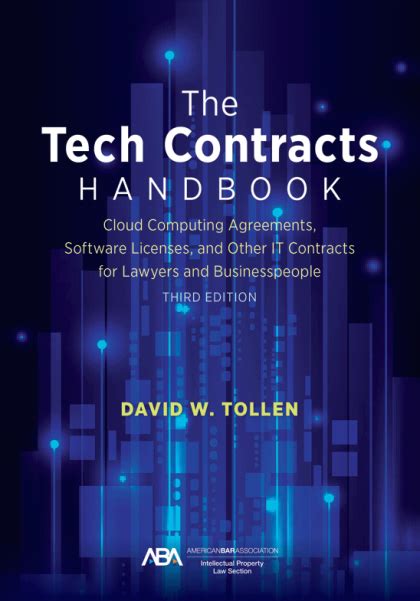As the world becomes increasingly interconnected, the concept of remote work has gained significant traction. With the rise of digital nomadism, many individuals are now able to work from anywhere, at any time, as long as they have a stable internet connection. However, this newfound freedom also brings with it a host of challenges, particularly when it comes to contracts and agreements. In this article, we will delve into the world of traveler tech contracts and provide a comprehensive guide for remote workers.
The Importance of Contracts for Remote Workers
In the past, contracts were often seen as a necessary evil, a legal requirement that was only necessary for large corporations or traditional employers. However, with the rise of remote work, contracts have become an essential tool for protecting the rights and interests of both employers and employees.
A well-crafted contract can provide clarity and certainty, outlining the terms and conditions of employment, including job responsibilities, compensation, and benefits. This is particularly important for remote workers, who may be working from different countries or time zones.
Types of Contracts for Remote Workers
There are several types of contracts that remote workers may encounter, including:
- Independent Contractor Agreements: These contracts are used when a remote worker is hired as an independent contractor, rather than an employee. They typically outline the scope of work, payment terms, and any other relevant details.
- Employment Contracts: These contracts are used when a remote worker is hired as an employee, rather than an independent contractor. They typically outline the terms and conditions of employment, including job responsibilities, compensation, and benefits.
- Freelance Agreements: These contracts are used when a remote worker is hired on a freelance basis, often for a specific project or task. They typically outline the scope of work, payment terms, and any other relevant details.
Key Components of a Traveler Tech Contract
A traveler tech contract should include several key components, including:
- Scope of Work: A clear description of the work to be performed, including any specific tasks or responsibilities.
- Payment Terms: A clear description of the payment terms, including the amount, frequency, and method of payment.
- Intellectual Property: A clear description of the ownership and use of intellectual property, including any copyrights, trademarks, or patents.
- Confidentiality: A clear description of the confidentiality requirements, including any non-disclosure agreements or confidentiality clauses.
- Termination: A clear description of the termination procedures, including any notice periods or termination fees.
Best Practices for Negotiating a Traveler Tech Contract
Negotiating a traveler tech contract can be a complex and challenging process, particularly for remote workers who may not have experience with contracts. Here are some best practices to keep in mind:
- Read the Contract Carefully: Take the time to read the contract carefully, including any fine print or clauses.
- Ask Questions: Don't be afraid to ask questions or seek clarification on any terms or conditions.
- Negotiate: Don't be afraid to negotiate the terms and conditions of the contract.
- Seek Professional Advice: Consider seeking professional advice from a lawyer or other expert.

Common Mistakes to Avoid
There are several common mistakes that remote workers should avoid when negotiating a traveler tech contract, including:
- Not Reading the Contract Carefully: Failing to read the contract carefully can lead to misunderstandings or disputes.
- Not Asking Questions: Failing to ask questions or seek clarification can lead to misunderstandings or disputes.
- Not Negotiating: Failing to negotiate the terms and conditions of the contract can lead to unfair or unfavorable terms.
Conclusion
In conclusion, traveler tech contracts are an essential tool for protecting the rights and interests of remote workers. By understanding the key components of a contract and following best practices for negotiation, remote workers can ensure that they are fairly compensated and protected. Remember to read the contract carefully, ask questions, and negotiate the terms and conditions.
Gallery of Traveler Tech Contract Templates






Frequently Asked Questions
What is a traveler tech contract?
+A traveler tech contract is a type of contract that is used by remote workers, including digital nomads and freelancers, to outline the terms and conditions of employment.
What are the key components of a traveler tech contract?
+The key components of a traveler tech contract include the scope of work, payment terms, intellectual property, confidentiality, and termination procedures.
How do I negotiate a traveler tech contract?
+To negotiate a traveler tech contract, read the contract carefully, ask questions, and negotiate the terms and conditions.
